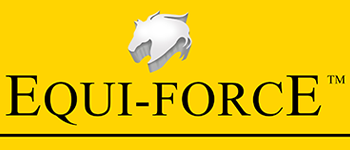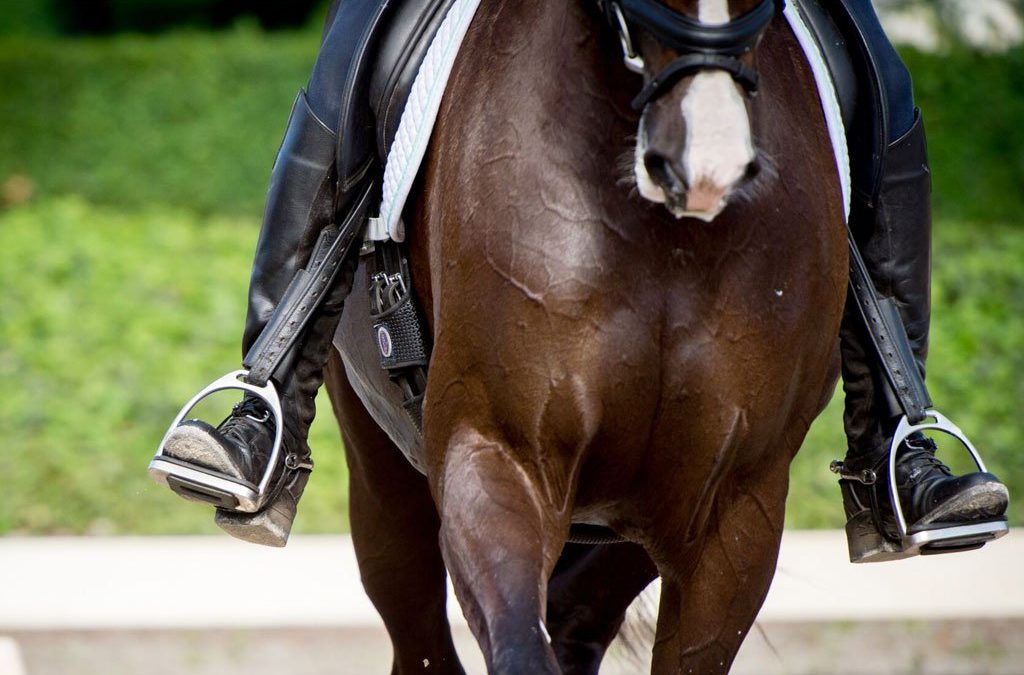
Essential Fatty Acids for Horses
Essential Fatty Acids (EFA’s) are compounds that are called essential because they are not synthesized by the body and, therefore, must be obtained from dietary sources. EFA’s, Omega 3 Fatty Acids in particular, serve as components of nerve cells, cellular membranes, and the very important regulatory substances known as prostaglandins.
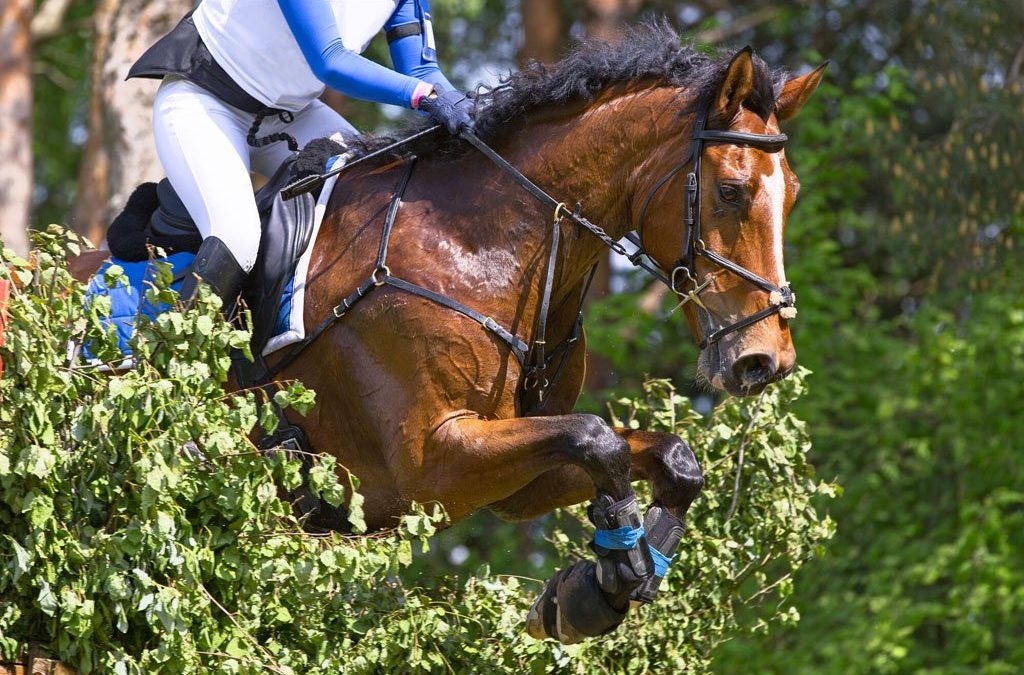
Exercising and Training Horses in Hot Weather
As the summer temperatures rise, heat and humidity become an issue for those trying to exercise and train horses without putting both horse and rider in danger of becoming dehydrated, fatigued or suffer from heat stress. Madalyn Ward, DVM in Holistic Horsekeeping provides this advice when trying to decide to ride or not in high heat and humidity: “Luckily, there are simple ways that you can help your horse stay cool during hot humid weather. During these weather conditions, the first thing to do is to calculate the temperature-humidity index (THI): simply add the air temperature (in degrees Fahrenheit) to the percentage of humidity.
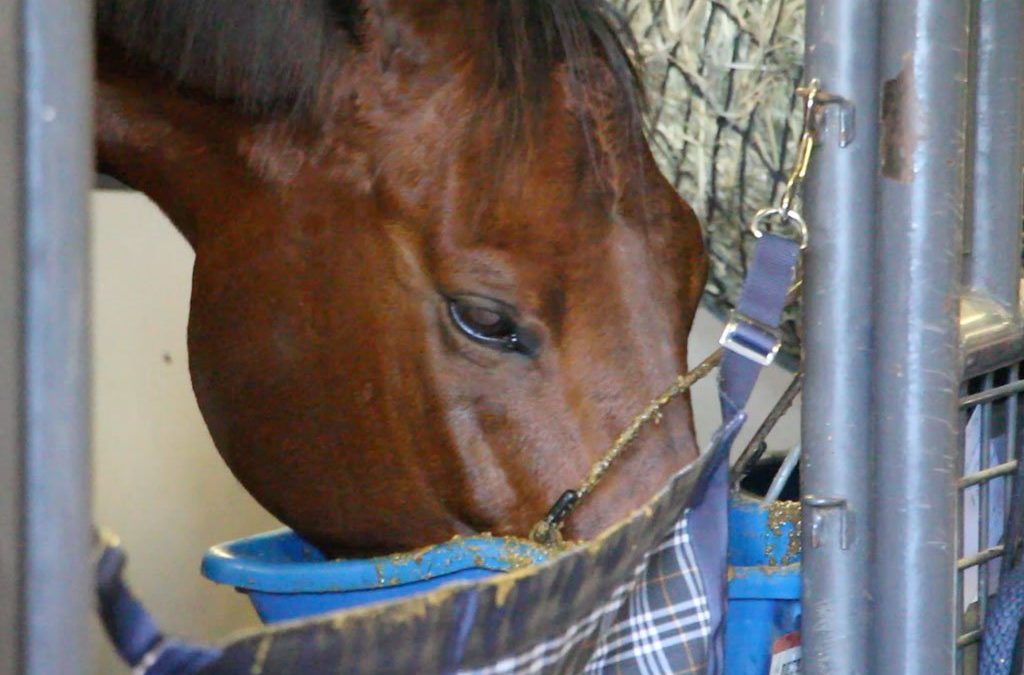
Feed Additives to Improve Equine Digestion
A horse primarily obtains feed while grazing and browsing. When offered pasture as its primary source of nutrition, a horse depends largely on hindgut fermentation, using a variety of hydrolyzable (susceptible to enzymatic digestion) and fermentable carbohydrates as its main energy source. The equine stomach contains regions capable of both enzymatic and limited fermentive digestion, while the small intestine performs predominantly enzymatic digestion of starches, proteins, fats, vitamins, and some minerals.
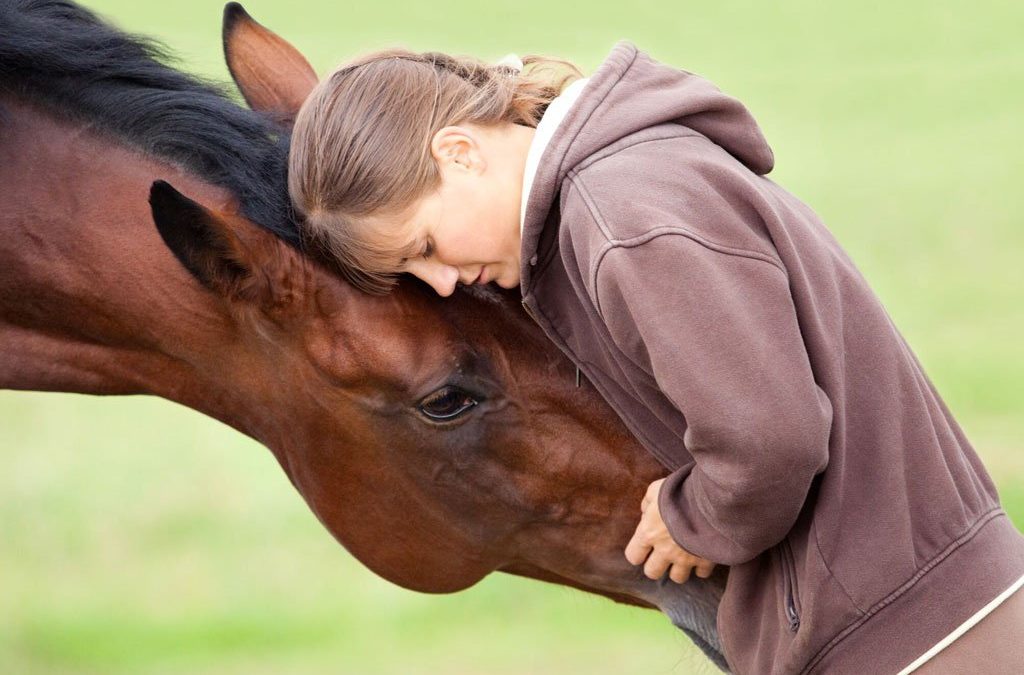
Feeding After Colic Surgery
Colic is a nonspecific term that refers to any type of abdominal pain or discomfort. Colic can be acute, chronic, or recurrent and is generally caused by distension or obstruction of the gut with fluid, food being ingested, a foreign object, or gas. Other primary causes of colic include intestinal twisting or torsion or heavy parasite infestation.
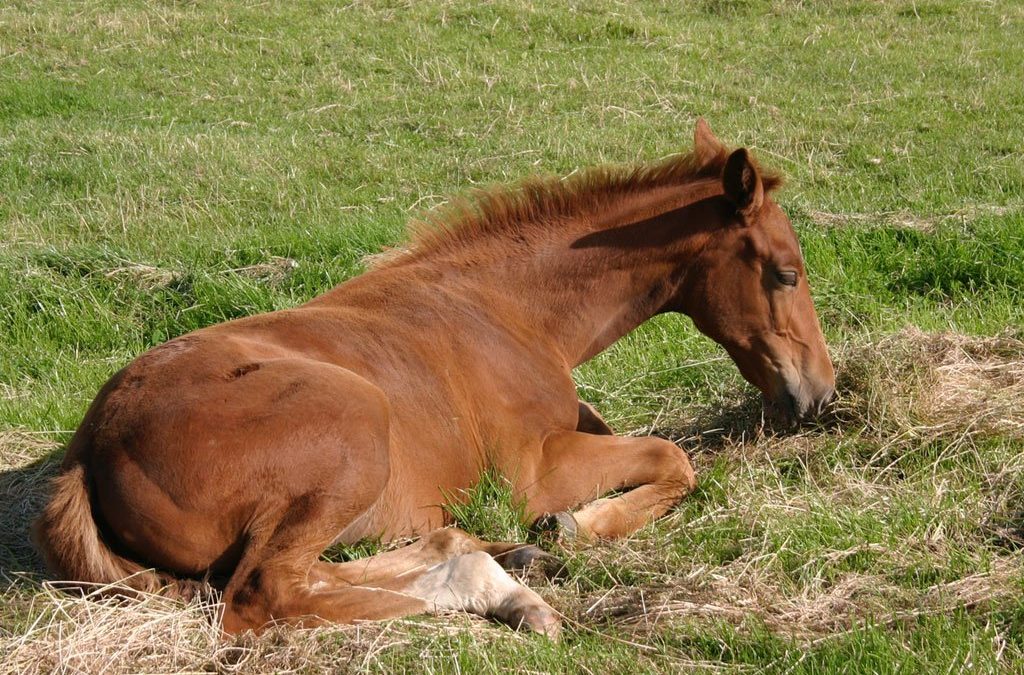
Feeding and Management of Weanlings
From a nutritional standpoint, the most difficult aspect of weaning is preventing a depression in growth rate after the youngster is weaned followed by a rapid acceleration of growth once the weanling has adapted to its new lifestyle. An erratic growth rate can contribute to developmental orthopedic problems. Management procedures such as making sure the foal leads well, stands for the farrier and has had its feet trimmed, is properly vaccinated and dewormed, and is eating well prior to weaning make the process go much easier.
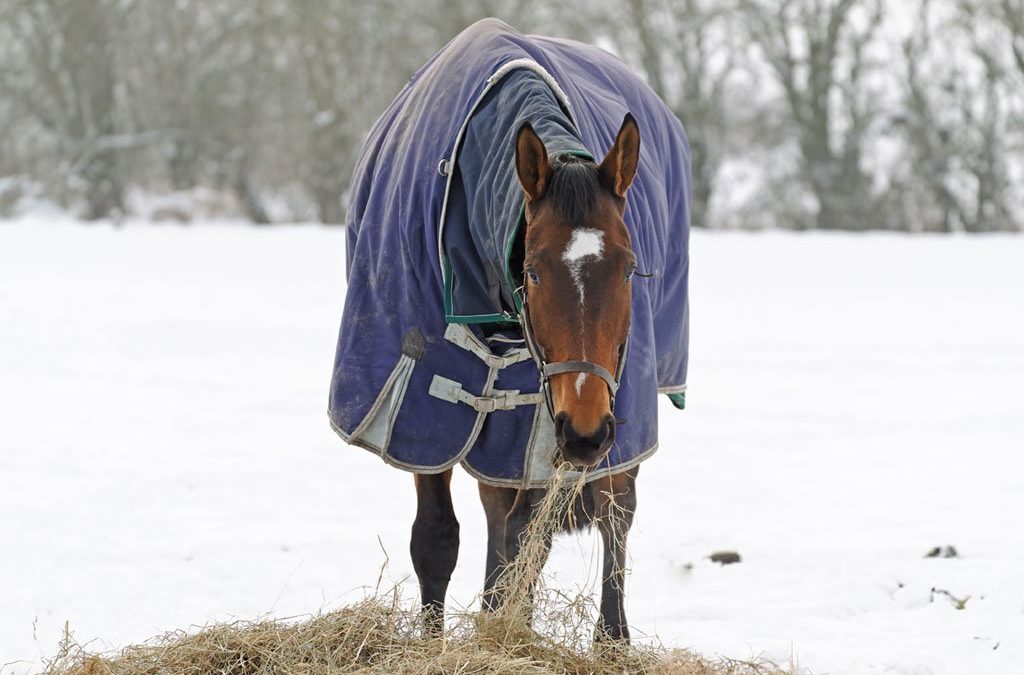
Feeding Horses in Different Seasons
One of the most productive ways of keeping horses warm and supply nutrients is to provide free choice, good quality hay. The heat of fermentation when the hay is digested by microbes in the horse’s hindgut is the main source of warmth for the horse.
